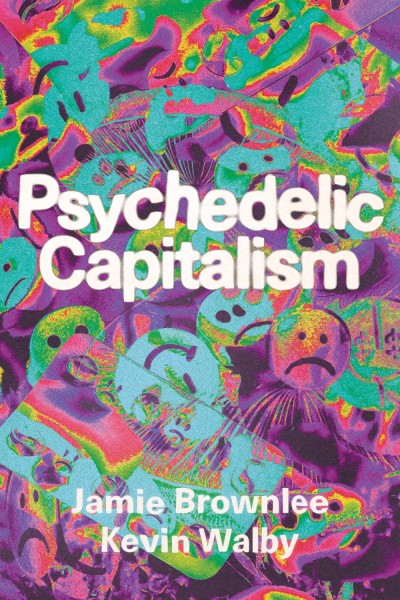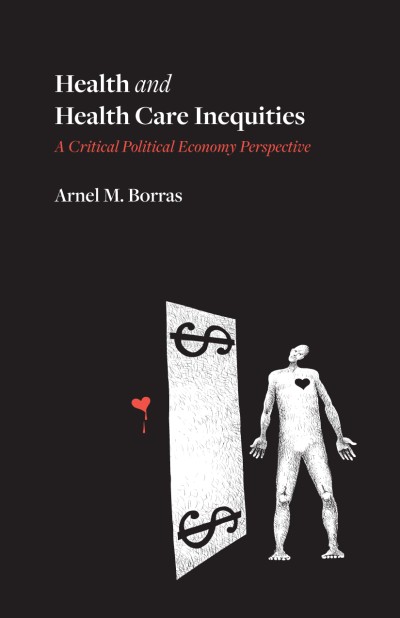
Disability Politics and Theory, Revised and Expanded Edition
Disability oppression is not simply about making people disabled by not accommodating impairment; it is interlocked with capitalism, cisheteropatriarchy, colonialism and racism.
About the book
Disability Politics and Theory, a historical exploration of the concept of disability, covers the late nineteenth century to the present, introducing the main models of disability theory and politics: eugenics, medicalization, rehabilitation, charity, rights and social and disability justice. A.J. Withers examines when, how and why new categories of disability are created and describes how capitalism benefits from and enforces disabled people’s oppression. Critiquing the currently dominant social model of disability, this book offers an alternative. The radical framework Withers puts forward draws from schools of radical thought, particularly feminism and critical race theory, to emphasize the role of interlocking oppressions in the marginalization of disabled people and the importance of addressing disability both independently and in conjunction with other oppressions. Intertwining theoretical and historical analysis with personal experience, this book is a poignant portrayal of disabled people in Canada and the U.S. — and a call for social and economic justice.
This revised and expanded edition includes a new chapter on the rehabilitation model, expands the discussion of eugenics, and adds the context of the growth of the disability justice movement, Black Lives Matter, calls for defunding the police, decolonial and Indigenous land protection struggles, and the COVID-19 pandemic.
For an accessible reading guide and glossary to this book, please click here.
Teaching guide available. Please email examrequest@fernpub.ca for more details.
What people are saying
Gary Kinsman, queer activist, sociologist and the author of The Regulation of Desire, Third Edition: Queer Histories, Queer Struggles.“The starting point for this the book resonates with my desire for the histories of slogans and chants as it provoked me to refuse to forget that the original version I heard was not “Stand Up! Fight Back!” but from ACT UP New York City in Montreal in 1989 calling for us all to “Act Up! Fight Back!” In this powerful revised and expanded second edition of Disability Politics and Theory activist scholar A.J. Withers weaves together critical analysis of the social relations of struggle surrounding disablism and its integral mediated connections with colonialism, racism, sexism, capitalism, queer and trans oppression and so much more. For non-disabled people this is a crucial thinking through and learning experience for the many forms and sites of disability oppression and resistance from social assistance policies to sterilization laws and procedures, to Covid, to MAID and much more. It is a devastating refusal of eugenic (including feminist and queer uses of eugenics), medical, rehabilitative, and charity-based constructions of disability and a discerning of the limitations of reformist rights-based approaches and the limitations in many more socially oriented ones as well. Withers captures how radical disability and transformative struggles are always relational and interdependent. This is a must read for all activists and organizers engaged in transformative praxis in the multiple areas of oppression and resistance disablism is connected to. While ruling relations routinely expel “expendable” disabled people from the social fabric of life and support, Withers makes clear how our collective resistance and organizing can build a world based on caring where the social power of disablism and oppression and exploitation more generally is undone.”
Liat Ben-Moshe is a disability scholar and assistant professor of criminology, Law, and Justice at the University of Illinois at Chicago.“Disability Politics and Theory was already an indispensable teaching tool and introduction to disability studies and politicized disability identity and history (especially but not only in the Canadian-American context). Novices (to eugenics, medicalization, social construction of disability or disability justice) and those already in disability or radical movements will all find something to learn and teach here. In this expanded volume, AJ Withers brings us an important analysis of disablism and radical disability politics and the consequences of what happens if we do not engage in them, whether in disability rights and policy or radical activism (the complicity of the left in disabled peoples’ oppression). What Withers does best is make things accessible as a scholar-activist-theorist-(anti-poverty)-organizer while making the theories, their problems and where they came from transparent and open for engagement. This is a book written for action- whether the action is debating it and with it, learning and unlearning, being angry, getting messy, sharing with others, building community or organizing.”
Contents
- Foreword by Robyn Maynard
- Chapter 1: Building Models and Constructing Disability
- Chapter 2: Constructing Difference, Controlling Deviance: The Eugenics Model
- Chapter 3: Diagnosing People as Problems: The Medical Model
- Chapter 4: Being Pushed into Normalcy: The Rehabilitation Model
- Chapter 5: For Us, Not with Us: The Charity Model
- Chapter 6: Revolutionizing the Way We See Ourselves: The Rights and Social Models
- Chapter 7: Looking Back but Moving Forward: The Radical Disability Model and Disability Justice
- Afterword by Rachel da Silveira Gorman






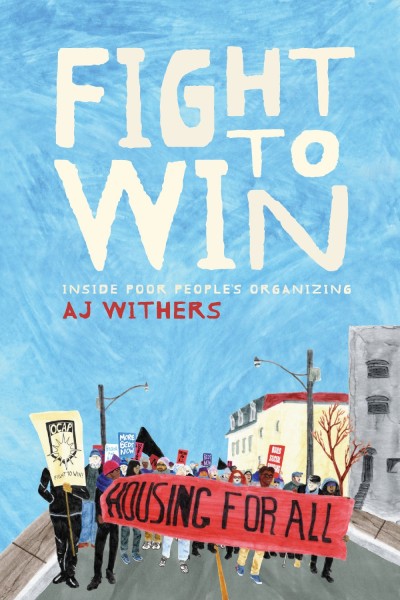
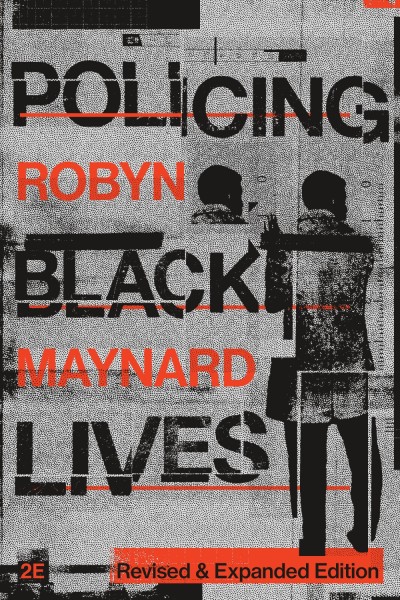
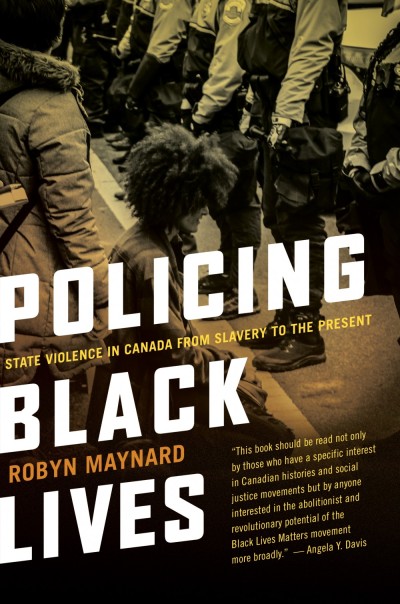

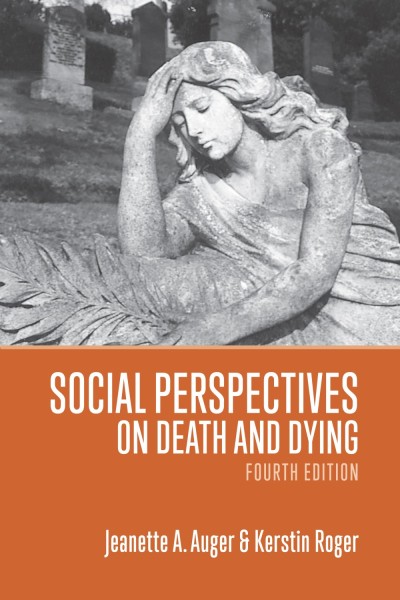
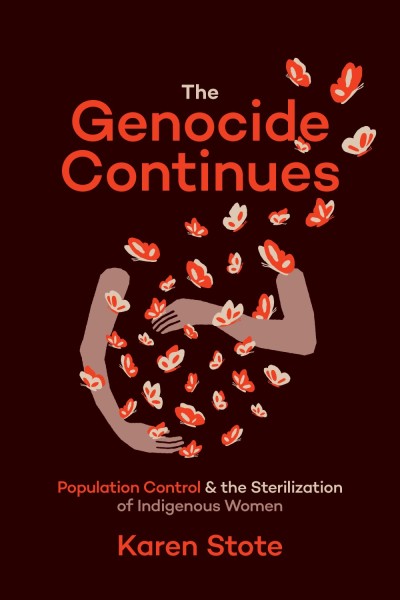
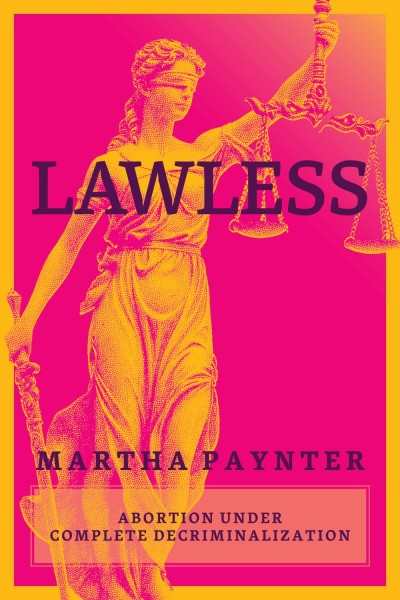
_cover_REV_400_600_90_s.jpg)
